-
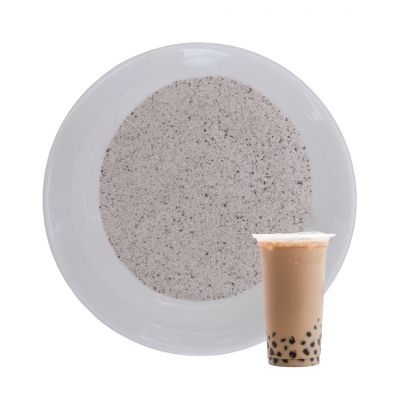 2 in 1 Milk Flavoured Drink Powder, 1kg
2 in 1 Milk Flavoured Drink Powder, 1kg1 x £10.00
-
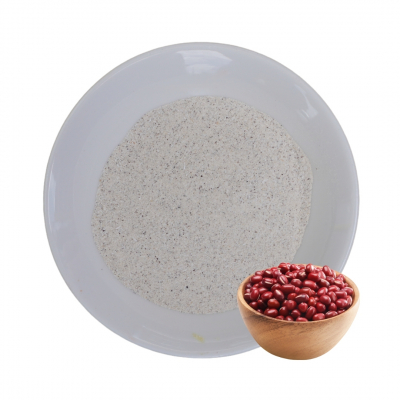 Instant Red Bean Powder 1kg
Instant Red Bean Powder 1kg1 x £10.00
-
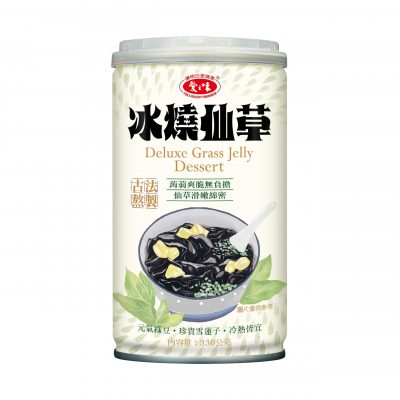
Noodles
Showing 17–32 of 39 results
-
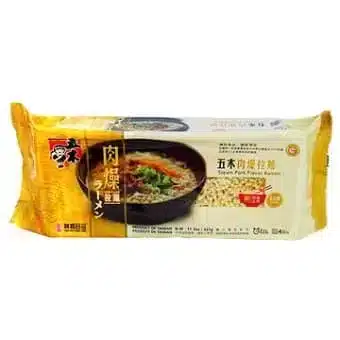
Pork Flavour Noodle 321g – Box of 12 – (BBD:0)
£44.14 SKU: 32WM03B12
Out of Stock -
Sale!
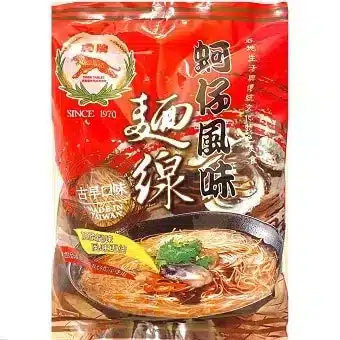
Red Noodles 300g – Box of 24 – 30% Discount (BBD:10/07/2025)
Original price was: £89.00.£62.30Current price is: £62.30. SKU: 31TI04B24Add to cart -
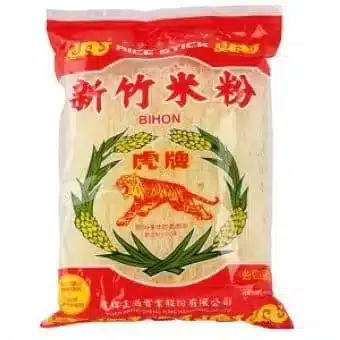
Rice Noodle 250g – Box of 30 – (BBD:04/10/2027)
£78.88 SKU: 35TI01B30Add to cart -
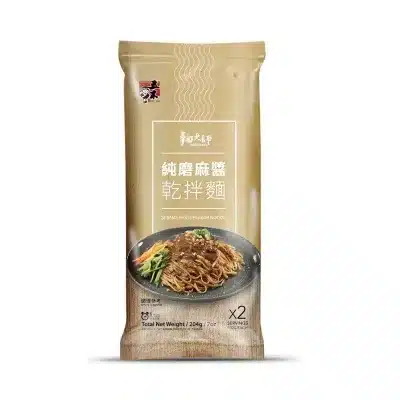
Sesame Paste Flavour Noodle – Box of 20
£51.55 SKU: 32WM08B20
Out of Stock -
Sale!
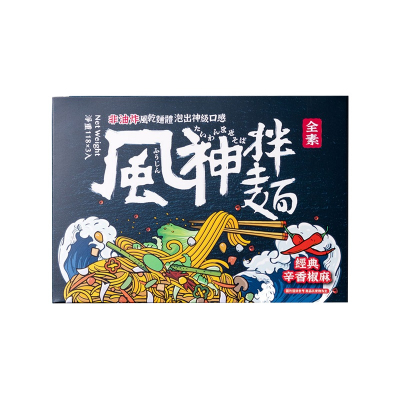
Shan Feng – Fujin Noodles – Classis Sichuan Pepper, 118g x 3 – Box of 10 – 50% Discount (BBD:27/05/2025)
Original price was: £61.30.£30.65Current price is: £30.65. SKU: 31SF08B10Add to cart -
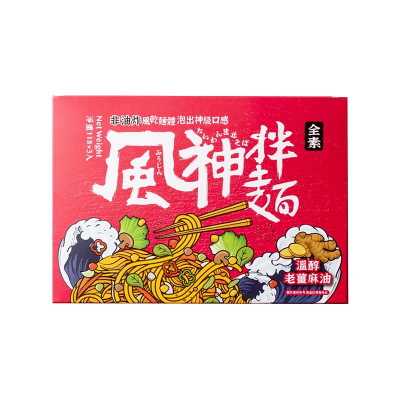
Shan Feng – Fujin Noodles – Ginger Sesame Oil, 118g x3 – Box of 10 – (BBD:27/05/2025)
£61.30 SKU: 31SF09B10Add to cart -
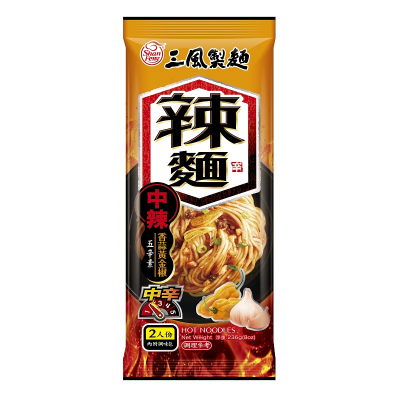
Shan Feng – Hot noodles with garlic golden pepper dressing, 118g x2 – Box of 24 – (BBD:25/05/2025)
£91.60 SKU: 31SF11B24Add to cart -
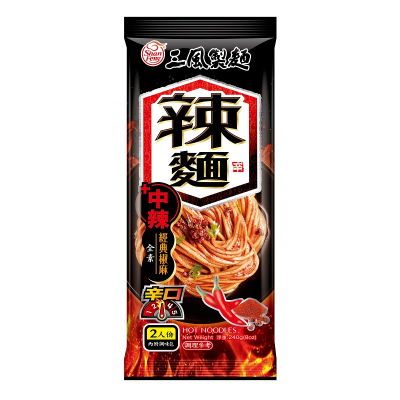
Shan Feng – Hot noodles with Sichuan pepper dressing, 120g x2 – Box of 24 – 50% Discount (BBD:27/05/2025)
£91.60 SKU: 31SF13B24Add to cart -
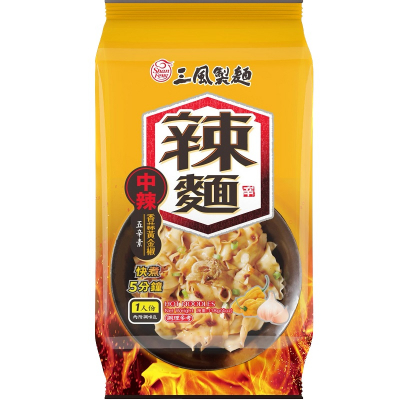
Shan Feng – Hot Pappardelle with garlic golden pepper dressing, 118g – Box of 35 – (BBD:04/10/2025)
£83.20 SKU: 31SF10B35Add to cart -
Sale!
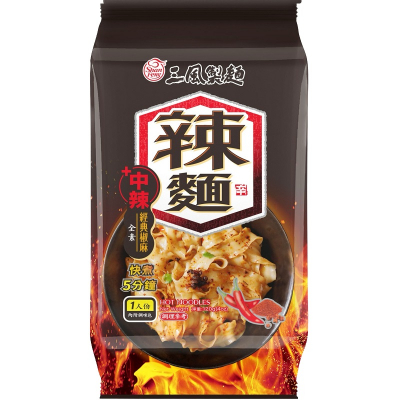
Shan Feng – Hot Pappardelle with Sichuan pepper dressing – 15% Discount (BBD:12/08/2025)
Original price was: £83.20.£70.72Current price is: £70.72. SKU: 31SF12B35Add to cart -
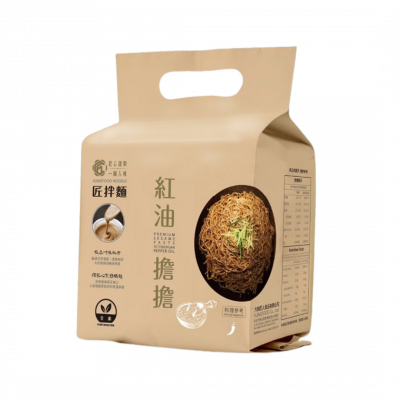
Sichuan Dan Dan Noodles 137g x3 – Box of 12 – (BBD:21/10/2025)
£76.20£60.96 SKU: 3233A1B12Add to cart -
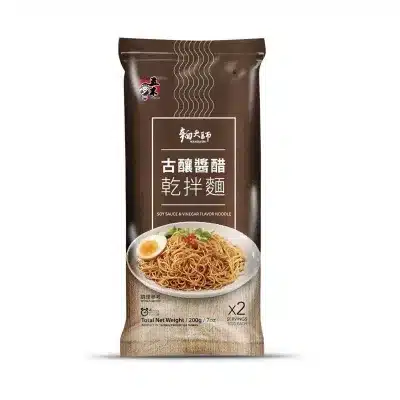
Soy Sauce and Vinegar Flavour Noodles – Box of 20 – 50% Discount (BBD:23/10/2024)
£51.55 SKU: 32WM07B20
Out of Stock -
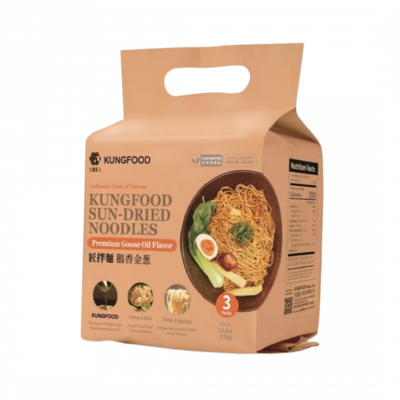
Sun Dried Noodles, Premium Goose Oil Flavour (Vegan) 125g x3 – Box of 12 – (BBD:25/11/2025)
£76.20£60.96 SKU: 3233A2B12Add to cart -
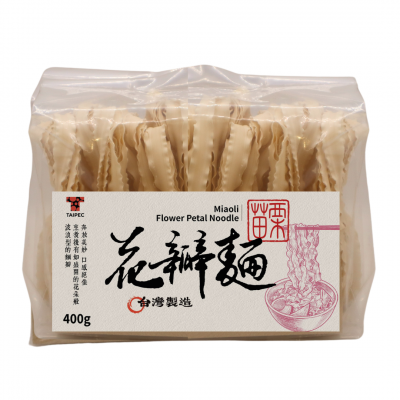
Taiwan Miaoli Flower Pasta Noodle 400g – Box of 24 – (BBD:05/01/2026)
£84.10 SKU: 31AF07B24Add to cart -
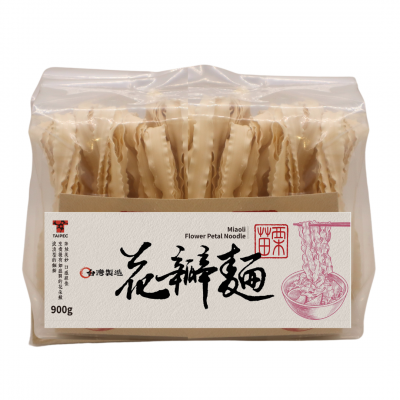
Taiwan Miaoli Flower Pasta Noodle 900g – Box of 12 – (BBD:01/12/2025)
£84.80 SKU: 31AF09B12Add to cart -
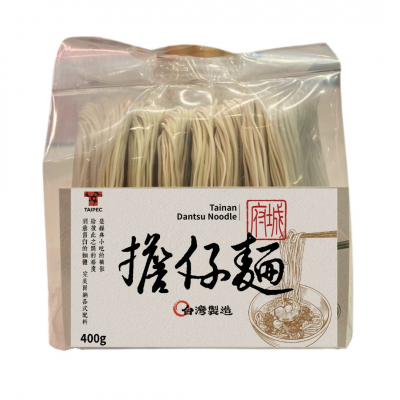
Taiwan Tainan Dan-Tsu Noodle – Bag 400g – Box of 24 – (BBD:22/09/2025)
£69.81 SKU: 31AF05B24Add to cart
What are Asian noodles?
Noodles are another integral staple in Asian households with such a wide range of types, size to create different dishes such as stir fry, hot pot or spring rolls. Although they have their differences, they can often be substituted by another with similar properties. It’s so versatile that for certain dishes, restaurants give customers a choice to pick their own type of noodles.
The three main types of Asian noodles are: Wheat, Rice and Bean-based. Wheat noodles vary in texture depending on their preparation and some examples include Lo Mein from China and Udon and Soba from Japan. Rice noodles are popular in Southeast Asia and used in cuisines such as Pad Thai, Pho and Spring rolls, where they act as a subtle base with a slippery feel. Bean based noodles such as cellophane/glass noodles and bean thread noodles also have a neutral flavour like the Rice noodles but they are good at absorbing the sauces and ingredients they are cooked with.
Another type worth mentioning is specialty noodles which are those with specific tastes involved. We offer a few including Mala Spicy flavour, Sesame Paste flavour and Soy Sauce & Vinegar flavour.
Range of Asian noodles
When it comes to Asian cuisine, it is impossible to overlook the array of noodles that play a vital part in different culture’s cuisines. They range in shapes, sizes and texture, each lending itself to a different culinary experience. This range caters to different groups of people with options that are vegan and gluten-free. For example, rice noodles are gluten-free and flower noodles are vegan. In the next section, we will dive into the dishes you can make with different types of noodles.
Types of Asian noodles:
-
Flower noodles
Catering to the diverse preferences of people, our range of noodles includes vegan and gluten-free options. Flower Noodles are composed of wheat flour, water, and the subtle earthiness of bamboo salt. These distinctive, wavy noodles open the door to a world of culinary possibilities.
-
Rice noodles
For those seeking a gluten-free alternative, we are proud to offer Rice noodles which are made of the purest rice flour and serve as a flawless canvas for robust and flavorful sauces. From stir-fry masterpieces to fragrant pho bowls, our gluten-free Rice Noodles ensure that everyone can enjoy savouring a noodle dish without dietary constraints.
-
Instant noodles
Instant noodles, the ultimate time-saver, catering to the needs of busy professionals seeking a quick office lunch, adventurers on camping expeditions, or those midnight cravings. A staple in the packing list of many international students from Asia. These convenient noodles come complete with flavour-packed seasoning packets, leaving you with one less problem to worry about. Among our offerings, you'll find the fiery Spicy Hot Pot flavour, featuring a Sichuan-spiced soup base and a chilli paste packet. For those with a taste for the classic, our Tomato flavour boasts a rich stewed tomato soup base and seasoning powder. Many people often add meat, eggs or vegetables to add more protein and nutrition to their meal.
Asian dishes to make with noodles
This famous Sichuan street food typically features thin wheat noodles but can be made with any close substitutes. The hallmark of this dish lies in its intense flavour profile, ignited by the spicy sesame chilli oil and chilli sauce. Slices of pork seasoned with garlic are topped on the noodles along with the smoky, spiciness and possibly numbness from the drizzle of additional chilli oil.
A recent noodle trend is the spicy peanut noodle which is another quick and easy dish to make. It is a breeze to whip up and you can go wild with any noodle variety, but rice noodles, ramen, or flower noodles are the top contenders. While the noodles are cooking, you can prepare the sauce which includes peanut butter, sesame oil, chilli powder, chilli oil, vinegar, soy sauce and hot water. To top it off, you can add scallions, sesame seeds and other vegetables or meat.
What makes Asian noodles different
Asian noodles are very versatile and can be cooked in various ways to achieve the desired texture and taste of certain cuisines, whether by boiling, stir-frying or soaking in water. They are typically made of ingredients such as wheat, rice or starches like mungbean or sweet potato.
On the other hand, spaghetti is made of durum wheat or semolina and has a neutral flavour. Asian noodles take flavour diversity to another level, each with its own distinct flavour depending on the ingredient used to make it. Furthermore, the world of Asian noodles has multiple preparation methods, offering endless culinary possibilities, whereas pasta, by tradition, is cooked primarily through boiling.
Quality of Taipecs Asian noodles
We take pride in choosing a remarkable selection of Asian noodles to provide our customers with high quality and authentic noodles. We invite you to explore and experiment, confident in the knowledge that the ingredients you choose are of the highest quality. With our premium noodles, you're not just embarking on a culinary journey – you're embracing a world of flavours, textures, and traditions.
Tips for cooking Asian noodles the right way
The beauty of Asian noodles lies in their versatility- they can be eaten either hot or cold and used in different dishes from soups to salads. When planning to make a certain dish, be sure to buy the correct type of noodles and check the preparation method for that specific type of noodles.
Although the steps to cooking Asian noodles are fairly simple, there are a few areas which are worth watching out for. One common mistake is overcooking which results in a mushy texture and unfortunately can not be undone. To avoid this, take a strand of noodle to taste and the texture you are looking for is a slightly firm texture that is not undercooked or too chewy. On most occasions, they are rinsed with cold water and drained in order to remove the starch.
Another aspect to make sure you get right is to have sufficient water for the amount of noodles you are cooking as they need space to cook evenly and maintain their texture. Whilst it is boiling, it is advised to stir them occasionally to get them to spread out and cook more evenly.
Different ways to cook noodles
Boiling is the most common method, where noodles are cooked in boiling water until they reach the desired texture.Be sure to follow the recommended cooking time on the package for each type of noodle.
Soaking is a method Ideal for rice noodles which involves submerging the noodles in hot water until they reach the desired tenderness. This technique is perfect for dishes like Pho and Pad Thai, where you want the noodles to be soft but not overcooked.
Stir-frying is a beloved Asian tradition which involves cooking noodles in a hot wok or pan with a mix of vegetables, protein, and sauces. The high heat imparts a smokiness and ensures that the noodles absorb the savoury flavours of the dish. As a result, the noodles will have a firm texture and a pleasant chewiness to it.
Soup-based noodles, on the other hand, are prized for their soft and tender characteristics, designed to absorb the rich flavours of the accompanying broth or soup. Their silky and smooth texture creates a soothing and comforting eating experience. Since they are slightly elastic, they maintain their structure within the hot soup without becoming overly mushy.
Each of these cooking techniques offers a unique texture and flavour to Asian noodles, allowing for endless culinary creativity and exploration.
